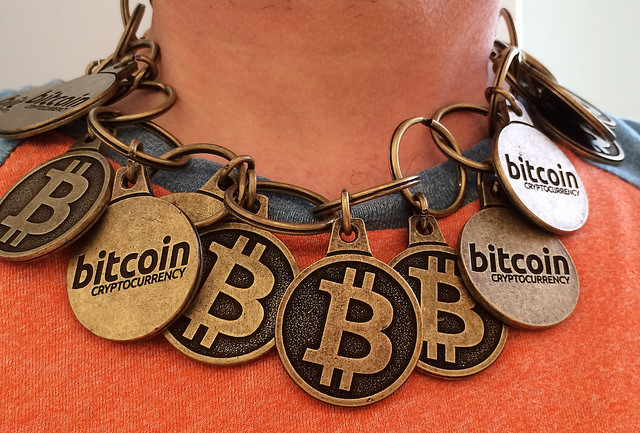The world, especially financial services, has been abuzz with the discussion of how Blockchain is set to transform everything.

How should we need to tackle the adoption of Blockchain? What is the alternative to Blockchain? Is this discussion draining away management attention from other important things that are set to disrupt these industries?
- First, the claim of complete transparency that Blockchain provides is questionable. Yes it’s true that all transactions in a Blockchain are recorded. But so are they everywhere else. In fact, the only transactions not recorded are those that users don’t want recorded or those that haven’t mattered so far. For example, when you make out checks made out to “cash” – could your bank clamp down on these transactions and ensure that the payment only goes to someone’s account? Of course they could. But do they want to?
- Second, the claim of ensuring everything is trackable in Capital Markets is also questionable through a similar argument. Trading of certain asset classes such a derivatives will be great to track. But do we need Blockchain to do it? How different is a traditional authenticated database update when such a transaction happens? The cloud is a wonderful alternative to make it happen. Just log in, authenticate and perform the transaction – manual or automated. That’s it.
The truth appears to be that Blockchain is really a branding element. We want to be cool and not appear to be left behind in the dust as we prepare to fail anyway. And that’s exactly why we need to show adoption of the “values” it represents, but probably not the technology itself. The underlying technology seems to be grossly inefficient, environmentally disastrous, and will raise, instead of lowering, the costs of maintenance because of its sheer complexity. The numerous public-private key authentications, and the “solving a complex math puzzle” mechanisms are useless for an organized environment. This is because, unlike Bitcoin, normal organizations don’t rely on unknown people generating the currency that the very system runs on. In addition, where is the potential of context, personalization, fraud protection, cross sell and recommendations? Even Facebook is architectured to achieve these complex needs better than Blockchain. Blockchain was simply an adaptation of a technology algorithm for a specific purpose – where people involved need to spend and also generate the currency. So we should focus on the business problem of transparency, trackability, and context rather than on the technology itself. Do the right branding and implement simple technology architectures. That foundation has a name. It called the “Transtrackcon” technology innovation. It’ll achieve the same effect at far lesser cost.
That’s it for Blockchain. Adopt Transtrackcon instead 🙂
Financial services should be focusing right now on more important needs.
- For consumer facing companies, the biggest risk is the loss of the customer front end. As Peer to Peer payment companies, P2P lending companies, the rise of Apple Pay, and a myriad other innovators surface, the CEOs should be thinking of how to keep themselves relevant by maintaining the customer front end. Because if the front end goes, all the back end infrastructure will disappear too. A trillion dollar asset base won’t matter at all. It’s not about the revenue from these transactions or how much they are. It’s all about the front end.
- For capital markets, the threats that Blockchain brought to the fore are real. But instead of getting enamored by technology, we should figure out the business scenarios, and then track everything in a simplified and contextual manner. Every person who trades is a user. And really, there are not too many of them. Just a few billion at the most. Think about it. Facebook has 1.5 billion users too. And it is managing it very well indeed.
- For everyone, analytics is the next big thing. Make sense of the data and see how to draw insights on future performance.
Thoughts? Maybe this article is grossly wrong. Please help correct.
Photo credit: btckeychain / Foter.com / CC BY
